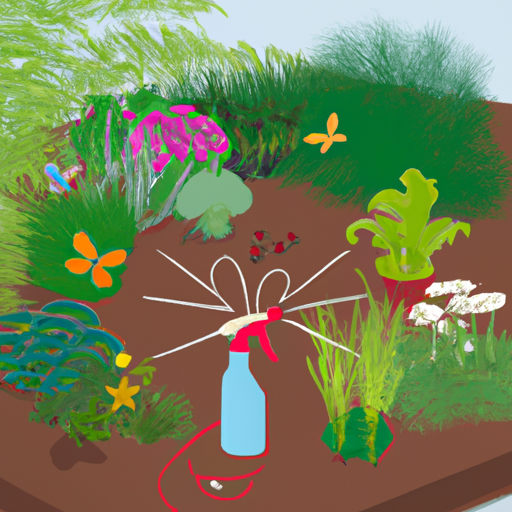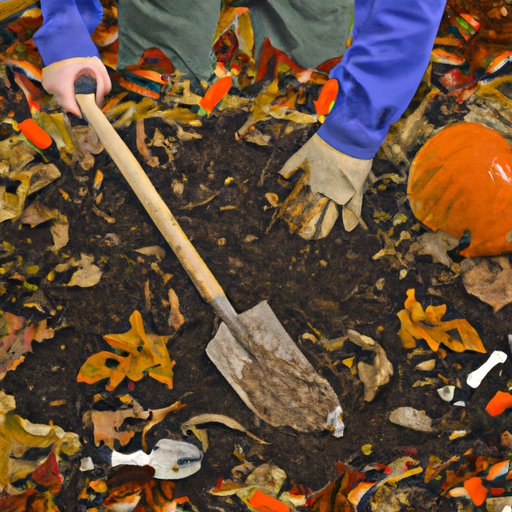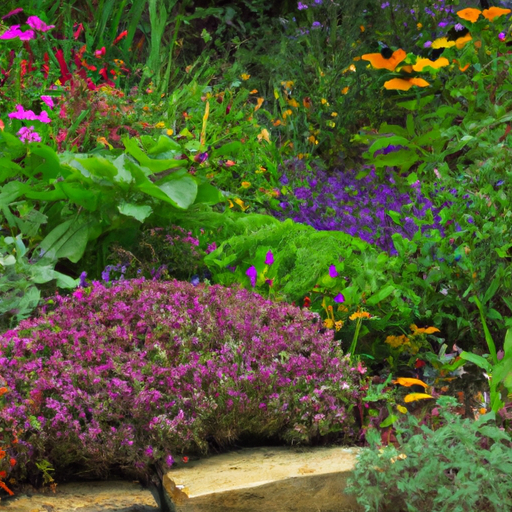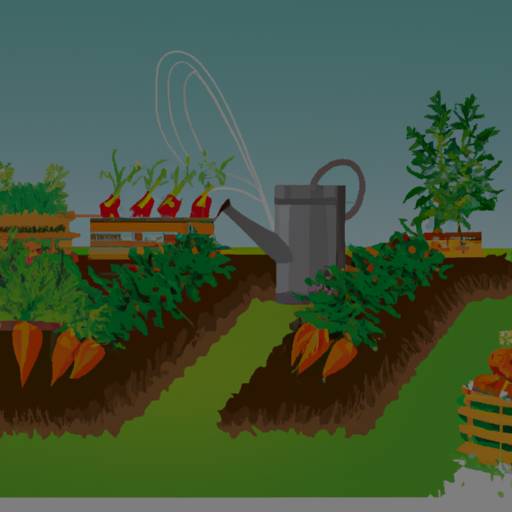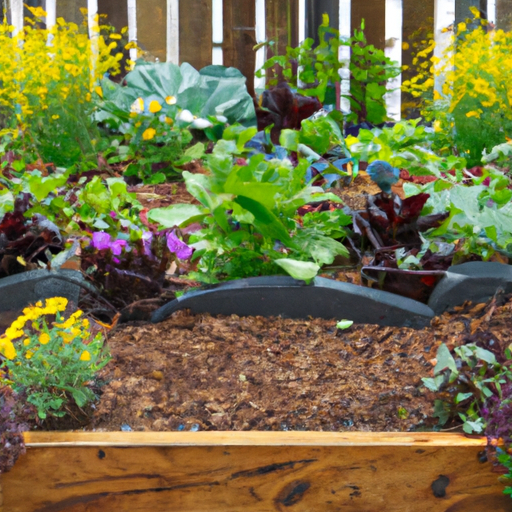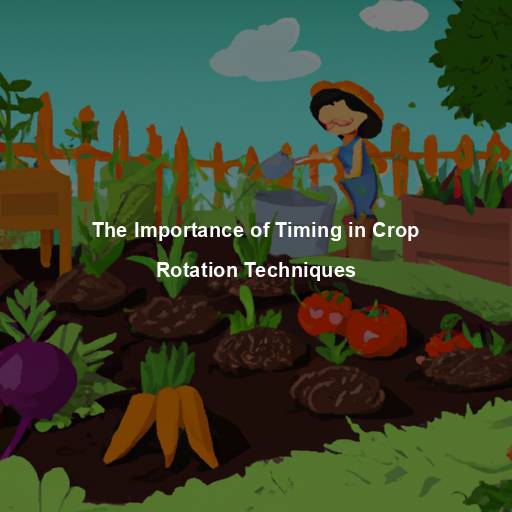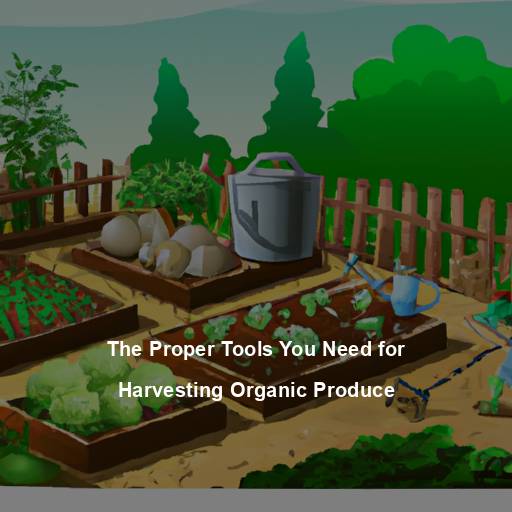As a Master Gardener, I have always been on the lookout for natural and organic ways to protect my garden from pests.
One of the most effective solutions that I have come across is the use of essential oils for pest control.
Essential oils are concentrated plant extracts that contain powerful compounds with insecticidal properties.
When used correctly, they can help repel or eliminate common garden pests without harming beneficial insects or introducing harmful chemicals into your garden ecosystem.
In this article, we will explore some of the best essential oils for organic pest control and how you can use them in your own garden to keep unwanted visitors at bay.
Understanding Essential Oils And Their Properties
Have you ever wondered about the benefits of aromatherapy for stress management?
Essential oils are a great way to incorporate this practice into your organic pest control routine.
These oils are extracted from plants and have unique properties that can help deter pests while also providing various health benefits.
For example, peppermint oil is known for its cooling and invigorating effects, making it a popular choice for repelling ants and other insects.
Meanwhile, lavender oil has calming properties that can help reduce stress levels in both humans and pests alike.
Understanding the properties of essential oils is key to using them effectively as part of an integrated pest management approach.
Common Garden Pests And Their Vulnerabilities
Identifying pests in your garden is crucial for effective pest control.
Some of the most common garden pests include aphids, caterpillars, slugs, and snails.
Each of these pests has its own vulnerabilities that can be exploited using natural pest deterrents like essential oils.
For instance, aphids are particularly vulnerable to peppermint oil, which repels them while also disrupting their feeding habits.
Similarly, caterpillars can be deterred by a combination of rosemary and thyme oil, which interferes with their digestive systems and causes them to stop eating your plants.
By identifying your specific pest problems and employing targeted natural solutions like these, you can keep your garden healthy without resorting to harmful chemical pesticides or herbicides.
Best Essential Oils For Pest Control
Now that we know the vulnerabilities of common garden pests, it’s time to explore how we can effectively control them using essential oils. The use of essential oils for organic pest control has gained popularity in recent years as people are more conscious about the harmful effects of chemical pesticides on their health and environment. Essential oils are natural extracts from plants that have powerful insecticidal properties. But which ones work best? Let’s take a look at some of the top application methods and DIY essential oil blends you can use in your garden to keep those pesky bugs away.
| Application Method | Benefits |
| — | — |
| Spraying | Effective for quick coverage of large areas |
| Drip Irrigation | Precise targeting of specific plant roots |
| Diffusing | Repels insects without direct contact |
Spraying is one of the most commonly used application methods for essential oils. It is effective for quick coverage of large areas but may require frequent reapplication after rain or watering. Another method is drip irrigation which allows precise targeting of specific plant roots while minimizing runoff into surrounding soil. Lastly, diffusing essential oils can repel insects without direct contact with plants making it an ideal option for indoor gardening or small outdoor spaces.
When it comes to DIY essential oil blends, there are endless possibilities depending on your preferences and needs. Here are a few examples:
– Peppermint Oil Spray: Mix 10 drops peppermint oil with 1 cup water and spray directly onto plants.
– Garlic Oil Solution: Infuse garlic cloves in mineral oil for several days then strain out solids before mixing with water and applying through drip irrigation.
– Citrus Diffuser Blend: Combine equal parts lemon, orange, and grapefruit essential oils in a diffuser to deter flying insects indoors.
As a Master Gardener, I highly recommend trying out different combinations until you find what works best for your specific pest problems. With proper application techniques and careful consideration when creating your own blends, essential oils can be a safe and effective alternative to chemical pesticides.
How To Use Essential Oils In Your Garden
As a Master Gardener, I highly recommend using DIY essential oil blends for organic pest control in your garden.
When it comes to application, you have two options: diffusing or spraying the essential oils.
Diffusing is great for repelling insects and pests from a larger area, while spraying directly on plants can be more effective at killing them off.
It’s important to dilute the essential oils properly before use and avoid getting them on any edible parts of the plant.
Experiment with different blends and methods to find what works best for your specific garden needs.
Remember, natural pest control takes time and patience but ultimately provides a healthier environment for both your plants and beneficial insects.
Tips For Effective And Safe Organic Pest Management
As a Master Gardener, it’s important to consider the safety and effectiveness of pest management techniques. While chemical pesticides may seem like the easiest solution, they can harm beneficial insects and contaminate soil and water sources.
Instead, try using DIY essential oil recipes as natural alternatives to chemical pesticides. Essential oils such as peppermint, lavender, and citrus have been shown to repel common garden pests without harming plants or wildlife.
Additionally, incorporating companion planting and practicing good gardening habits such as proper watering and weed control can also help prevent pest problems.
By taking these steps towards organic pest control, we can create a healthier environment for both our gardens and ourselves.
Frequently Asked Questions
Are Essential Oils Safe For Pets And Children To Be Around In The Garden?
When it comes to gardening, the benefits of essential oils cannot be denied. They can help control pests naturally without harming the environment or your plants.
However, it is important to consider the risks involved when using essential oils around pets and children. Some essential oils can be toxic if ingested or inhaled in large amounts, so it’s crucial to use them with caution.
As a Master Gardener, I recommend doing thorough research before incorporating essential oils into your garden routine and always following proper safety measures. This includes keeping all essential oil bottles out of reach from pets and children and never spraying directly on them or their food sources.
By taking these precautions, you can safely enjoy the many benefits that essential oils have to offer for organic pest control in your garden.
Can Essential Oils Be Used As A Standalone Solution For Pest Control, Or Should They Be Used In Conjunction With Other Methods?
Natural alternatives for pest control have become increasingly popular in recent years, with many gardeners turning to integrated pest management methods that prioritize the use of non-toxic solutions.
Essential oils are one such option that can be effective against a variety of pests while also being safe for pets and children.
However, it’s important to note that essential oils should not be used as a standalone solution for pest control.
Instead, they work best when incorporated into a larger strategy that includes practices like crop rotation, companion planting, and physical barriers.
By combining these different approaches, you can create an ecosystem in your garden that is less hospitable to pests without relying on harmful chemicals or pesticides.
How Often Should Essential Oils Be Reapplied In Order To Maintain Their Effectiveness As A Pest Deterrent?
To maintain the effectiveness of essential oils as a pest deterrent, regular application is necessary.
The optimal concentration and frequency of application may vary depending on the type of plant or pest you are dealing with.
It’s important to monitor your plants regularly for any signs of infestation and adjust your application schedule accordingly.
Remember that essential oils should be used in conjunction with other methods such as proper sanitation, crop rotation, and physical barriers for best results.
By staying vigilant and using essential oils at the right concentration and frequency, you can keep pests at bay without relying on harmful chemicals.
Are Some Essential Oils More Effective For Certain Types Of Pests Than Others?
When it comes to pest control, essential oils can be a game changer. Essential oil combinations have been known to repel pests such as mosquitoes, ants, and even rodents.
However, not all essential oils are created equal in their effectiveness against certain types of pests. For example, peppermint oil is great at deterring spiders while citrus oils like lemon or orange work wonders on ants.
It’s important to research the specific pest you’re dealing with and find the pest-specific oil effectiveness that will work best for your situation. Remember though, just like any form of pest control, these oils may need to be reapplied periodically to maintain their effectiveness.
How Do Essential Oils Compare To Traditional Chemical Pesticides In Terms Of Effectiveness And Safety?
When it comes to pest control, many gardeners are turning to essential oils as an alternative to traditional chemical pesticides. But how do they compare in terms of effectiveness and safety?
Essential oils vs. chemicals: which is better? While both options have their pros and cons, studies show that essential oils can be just as effective at repelling pests without the harmful environmental impact of traditional pesticides. Plus, using essential oils for organic pest control means you’re not exposing yourself or your family to potentially dangerous chemicals.
It’s important to note that while essential oils may require more frequent application than chemical pesticides, many gardeners find them worth the extra effort for a safer and more sustainable option.
Conclusion
As a Master Gardener, I can confidently say that essential oils are an effective and safe way to control pests in your garden. Not only do they repel unwanted insects but they also add a pleasant fragrance to the air.
However, it’s important to note that some essential oils may not be suitable for pets or children to be around, so always read labels carefully before use.
While essential oils can be used as a standalone solution for pest control, combining them with other natural methods such as companion planting and proper watering techniques will yield even better results.
And unlike traditional chemical pesticides which can harm beneficial insects and contaminate soil, essential oils pose no threat to the environment. So why not try using these aromatic oils next time you’re battling bugs in your garden? Your plants (and nose) will thank you!
